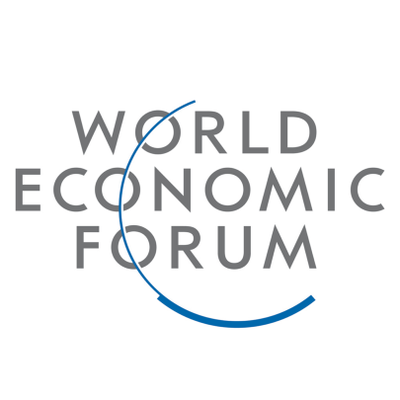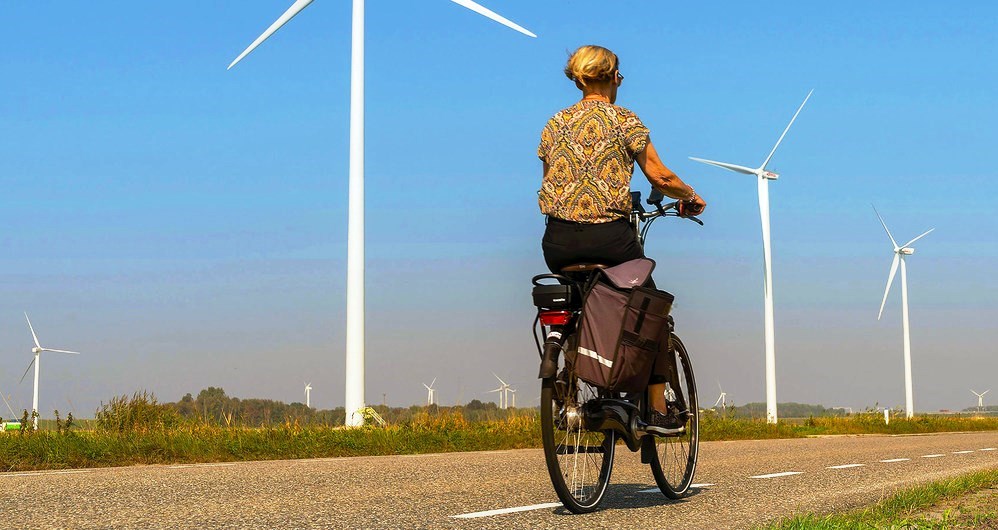The 2019 report by the World Economic Forum and the Harvard Global Health Institute report cited economists’ estimations that pandemics would cause average annual economic losses of 0.7% of global GDP over the coming decades, similar threats voiced as that of climate change. It said that with the risks increasing, “we cannot afford to continue like this”.
 Biswadeep Gupta
Biswadeep Gupta

It was as late as January 2019, when Outbreak Readiness and Business Impact report by World Economic Forum (WEF) and the Harvard Global Health Institute warned, highlighting the growing risk of COVID-19 like infectious disease and cautioned the business world to worry about pandemics.
It had provided insights on the impact of outbreaks and offered strategies to counter such pandemics for effective response and resilience.
The report had warned about how the world remains ill-prepared to detect and respond to outbreaks and equally not prepared to respond to a pandemic threat.
World Economic Forum report had cautioned that outbreaks and epidemics could cause catastrophic economic damage as and when they occur.

The report cited economists’ estimations that pandemics would cause average annual economic losses of 0.7% of global GDP over the coming decades, similar threats voiced as that of climate change. It said that with the risks increasing, “we cannot afford to continue like this”.
Why we are entering the age of pandemics, explains social economists by stating that with the global trends of growth in travel, trade, and connectivity an outbreak from a remote village can reach any city in the world within less than 36 hours.
Increases in deforestation lead to new outbreaks as 31% of outbreaks of new and emerging diseases, such as the Nipah virus, Zika, and Ebola, are linked to deforestation; Climate change is leading to changes in transmission patterns of infectious disease; 80% of countries that have assessed their preparedness are not ready to find, stop or prevent an epidemic; 7,000 new signals of potential outbreaks occur each month according to WHO (as of January 2019).
It is high time that leaders across the world in the field of economics, social as well as political space build a resilient culture to protect the economy and the society at large.
The WHO officially declared the COVID-19 outbreak a pandemic. More disruption is expected to follow and we are completely unprepared and looking helpless to a tsunami of despair and panic without really understanding the responsibility we hold as a business, citizen, and government.





